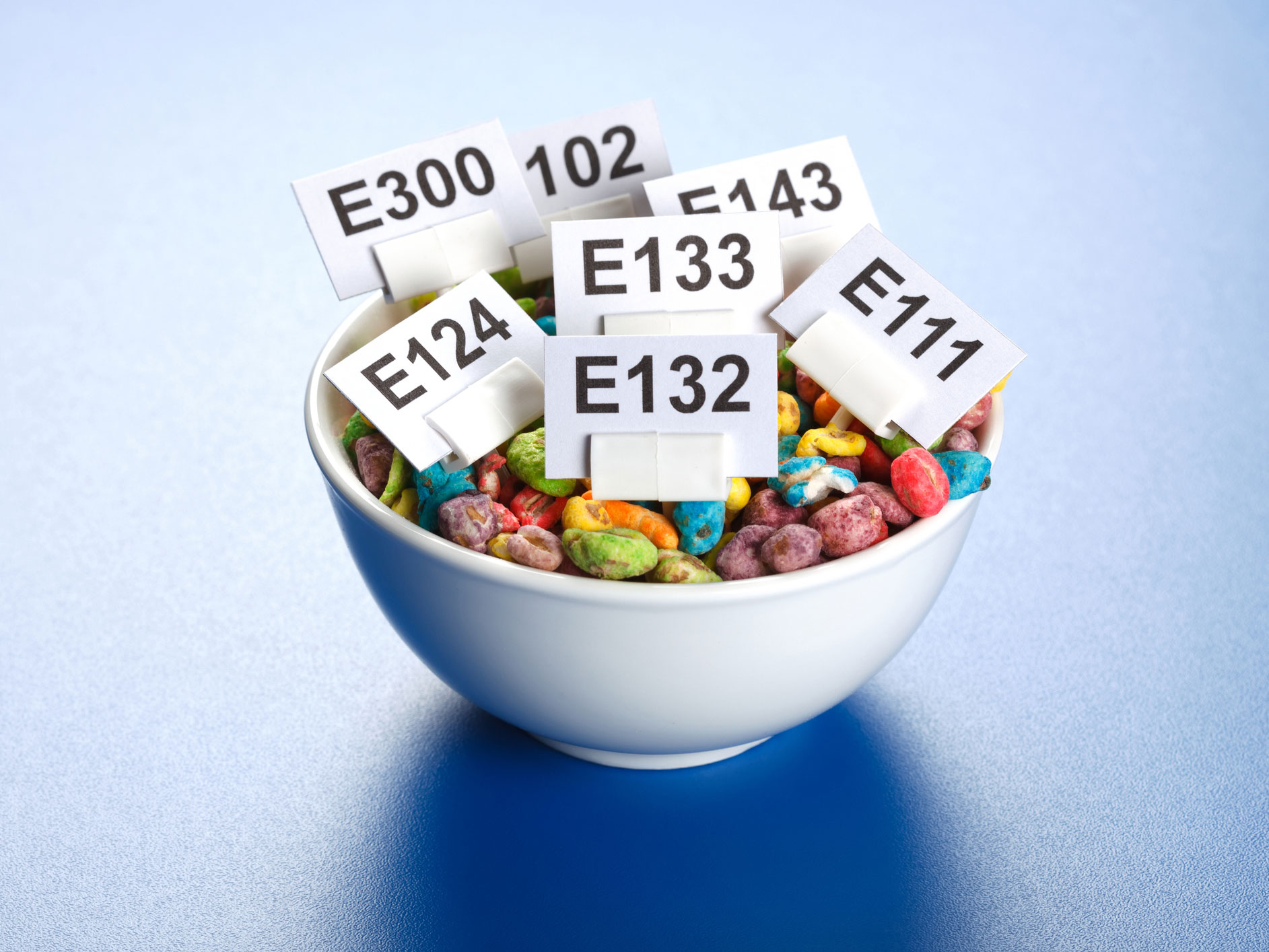Get Easy Health Digest™ in your inbox and don’t miss a thing when you subscribe today. Plus, get the free bonus report, Mother Nature’s Tips, Tricks and Remedies for Cholesterol, Blood Pressure & Blood Sugar as my way of saying welcome to the community!
Is this food additive fueling autism?

In 2000, about 1 in 150 children had autism. Today, it’s closer to 1 in 59 children.
Based on how common autism is nowadays, I wouldn’t be surprised if you know a kid who has it. Maybe a friend’s kid, a neighbor’s kid, a niece or nephew, or even your own kid or grandkid.
If you do, you know how hard it is on everyone involved — noticing something’s different, searching for answers, struggling to find the right diagnosis, and eventually learning that this bright kid who everyone loves so much has to face life with this challenging developmental disorder.
Now, whether autism rates are actually rising, or autism awareness is just increasing and resulting in more diagnoses is a question that still needs an answer.
Another question that needs an answer?
What causes autism in the first place. Is it genetics? Air pollution? Viral infections? There are a lot of theories.
A new theory, however, shows the answer to this question might be a lot closer to home than anyone imagined. It might be right in our pantries and refrigerators.
Propionic acid (PPA) damages brain cells
A recent study from researchers at the University of Central Florida found that processed foods could be the missing link in the autism epidemic.
More specifically, they identified a preservative found in packaged food, processed cheese, and bread that could be messing up fetal brain development — propionic acid (PPA).
In their study, researchers exposed brain cells to high levels of PPA and watched as it damaged these cells in several ways. First, it caused them to produce too little neurons and too many glial cells (the cells that support and provide insulation to neurons).
Glial cells are extremely helpful in the right amount, but when there’s too many, they interfere with the connections between neurons and cause inflammation (an issue that children with autism have according to research).
PPA also damaged the communication pathways between brain cells and the body, which could explain common autism symptoms like mobility issues, repetitive behavior, and trouble interacting with others.
And guess what else?
Previous studies found higher levels of PPA in stool samples from children with autism. And a 2010 study found that propionic acid can trigger an autism-like disorder in mice.
Should you avoid PPA?
Now, you should know, that PPA does occur naturally in our guts. There are also changes that occur during pregnancy that can increase natural PPA in women’s guts.
But eating lots of PPA-filled foods while pregnant increases PPA levels even more, which could then cross over to the fetus and affect brain development.
Related: Broccoli may be a piece of the autism puzzle
This theory is still in the very early stages of development. But there are plenty of good reasons to limit your intake of PPA anyway, whether you’re concerned about the autism connection or not.
For example, other studies found that propionic acid (which is also known as propionate or calcium propionate) might contribute to high blood sugar and a sluggish metabolism.
Some of the foods that are most likely to contain propionic acid include:
- Baked goods
- Dairy products
- Desserts
- Processed meat
- Canned fish and shellfish
- Processed vegetable products
- Cheese
- Fast food
Moral of the story? Keep reading those labels religiously!
Sources:
- Processed foods may hold key to rise in autism — MedicalXpress
- Propionic Acid Induces Gliosis and Neuro-inflammation through Modulation of PTEN/AKT Pathway in Autism Spectrum Disorder — Scientific Reports
- Autism spectrum disorder — Mayo Clinic
- The Real Reasons Autism Rates Are Up in the U.S. — Scientific American
- The Ongoing Rise in Autism: What in the World Is Going On? — Psychology Today
- Propionate, A Common Food Preservative, Alters Our Metabolism. Does That Make It A Disruptor? — American Council on Science and Health
- Altered brain phospholipid and acylcarnitine profiles in propionic acid infused rodents: further development of a potential model of autism spectrum disorders — Journal of Neurochemistry
- The Effects of the Food Preservative Propionic Acid in Post-prandial Metabolism (Walnut) — ClinicalTrials.gov













